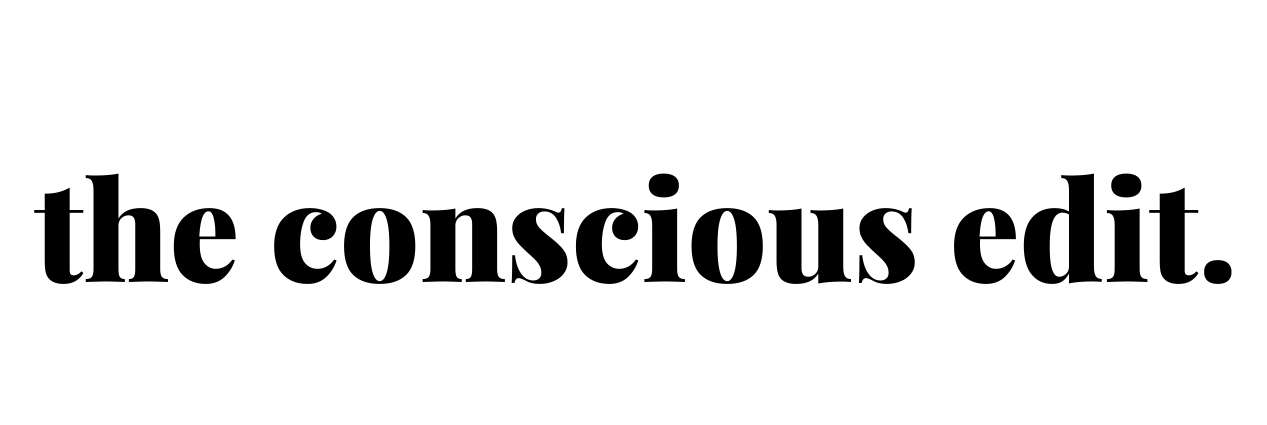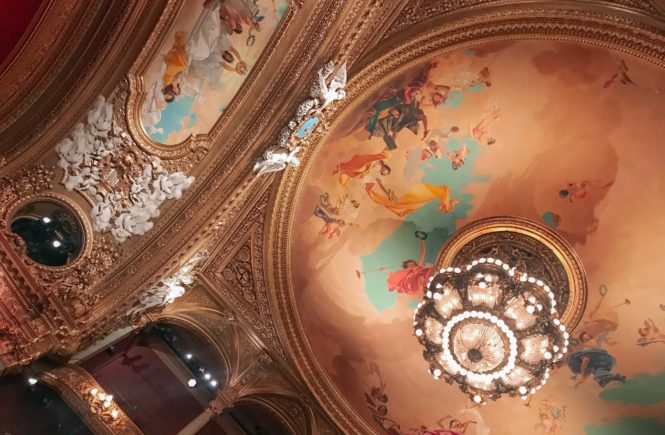The notion of what defines luxury is becoming blurrier by the day. A previous concept of glamour and wealth that may have been associated with luxury is diminishing as new trends and sub-cultures emerge. This is happening at the same time as globalisation and advances in technology are allowing a larger market access more products. Where does this leave the concept of luxury and where is it going?
It’s relatively clear that the idea of big cars, big houses and flashy fashion doesn’t necessarily equal luxury anymore. Luxurious things, that are made from delicate materials and have been produced with skill and care, may still be desirable, but the value of the craftsmanship is increasingly out-doing the actual monetary value of the material. However, as this Quartzy piece highlights, amongst a younger audience, we’re simultaneously seeing a surge in the importance of the brand and the image. The importance of a big visible logo on the most basic white T-shirt.
I would also argue that there’s a luxury trend in something that isn’t even related to material things. Where we may want things but if so, they ought to be natural. Or we don’t want things at all, and instead we want time. Time for ourselves and for the things and people we already have and love. And we want to be closer to nature.
A state of comfort
The Oxford Dictionary defines luxury as ‘a state of great comfort or elegance, especially when involving great expense’. I feel we’ve for a long time associated the word with material things, but that we’re moving more towards what the actual definition outlines: a state. Maybe even a state that excludes material things?
Before, we wanted more of everything. Now we want less stuff.
Some of course still aspire to a Hollywood luxury of having MTV Cribs style houses with big TVs, big cars, loads of bling and a massive walk-in closet. And you don’t have to look far when scrolling through social media to find popular accounts showing off this kind of lifestyle as luxury and success.
But I would also argue that there’s an increasing resistance to this. Resistance to all of the stuff and resistance to social media. Instead, we’re increasingly aspiring towards being free from having to be online, share things on social media all the time, and to consume others’ views on what defines success. Digital detoxing is increasingly popular and being unplugged is a new kind of luxury. Especially if it involves being at a remote yoga retreat or in a cosy, stylish cabin in a rural forest. Or maybe it’s even less extravagant than that. Maybe a new luxury is something so basic as being able to take the time to switch off, by lighting a few candles and sinking in to a warm bubble bath?
Luxury vs consumption
Luxury may for many mean material things and being able to engage in mass consumption used to be a luxury. But when production and materials got cheap, which resulted in more people being able to shop loads of (cheap) stuff, mass consumption has been put in a new light. And we’re seeing a trend where having just a few, key pieces that are well-produced, is more of a luxury.
Conscious consumption can potentially be seen as a new kind of luxury as it’s not always affordable for normal people on normal salaries. But one could of course also argue that when aspiring towards sustainable consumption, you are also shifting your mindset towards buying less, meaning more people can in fact afford it. However one feels about it, I do think this is where we’re heading.
Where, rather than buying everything because you can, being more selective is a new luxury. Where we can show the reasoning behind a purchase as well as the craftsmanship. Being able to tell a story of where our food, shirt, or piece of jewellery is from, how it was made and who made it.
The concept of luxury being when you can be selective is also interesting. Because one could argue that it’s only when you already have everything, or at least enough, that you can chose to be selective with what you buy, or even chose to not buy at all.
Luxurious uniqueness
In a world of mass consumption, luxury is also to have something unique. It doesn’t necessarily need to be expensive and luxurious in the traditional sense but can instead be something unique as in something old. A vintage piece that none of your friends will have because you found it in some random vintage boutique in some random village you visited. One that will have a style, feel, and story that will display a sense of luxurious uniqueness.
It also doesn’t have to be the most elaborate items. It can be something simple and pure, hand made, created with passion and love. The revival of craftsmanship goes hand in hand with the new kind of luxury, where more people will put greater value into knowing that time and effort has been put in to make something unique that you now have in your home.
The luxury of time
Showcasing wealth with luxurious material things won’t be going out of trend any time soon. It has been and will be an apparent way of displaying success, both to yourself and to others. But in a busy world where we work hard, we’re always online, and we’re often stressed to fit everything in between work, family, friends, activities, chores, a true luxury is often time. Time to take care of ourselves. Time to learn, to take a course in something, time to develop. And time to be off, to go to the theatre, to the spa, to the mountains for a hike.
To me, these days, luxury is not quite being able to buy something expensive. It’s to take the time to go to the beautiful Royal Opera to watch the ballet. Or to go for a long walk along the waterfront close to where we live, on a warm summer’s evening after work. And I’m hoping this is where we’re heading. For the sake of mental health as well as the planet. Where success and luxury isn’t measured by more things. But instead, we take pleasure in enjoying more by having less.

